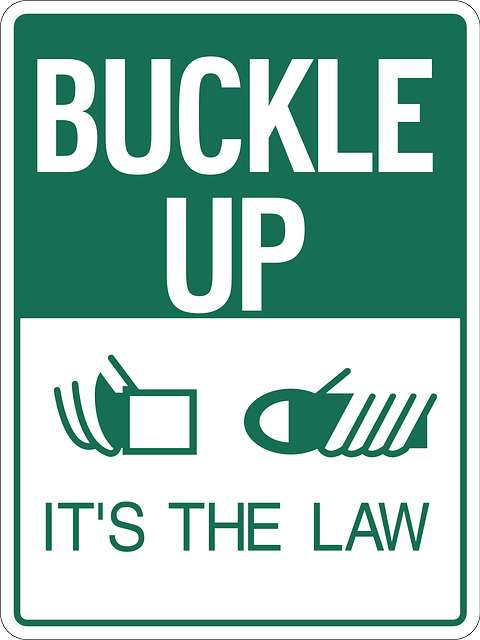This text explores common financial fraud schemes like Ponzi schemes, identity theft, and accounting fraud. It emphasizes the importance of recognizing these deceptive practices and highlights plea bargaining as a key mechanism in legal systems to combat them. Plea bargaining offers advantages for both defendants and prosecutors, streamlining cases, reducing sentences, and potentially leading to restitution for victims. Preventive measures are also crucial, including internal controls, staff training, technology, and clear policies. The text advocates for using plea bargaining to efficiently prevent and investigate fraud while safeguarding assets.
In the intricate landscape of finance, fraudulent practices pose a persistent threat, undermining public trust and destabilizing economic structures. This comprehensive article delves into the pervasive world of financial fraud, exploring common schemes, the nuances of plea bargaining, and its surprising benefits for both victims and the criminal justice system. Understanding these dynamics is crucial in fortifying defenses against deceptive strategies, emphasizing the importance of preventive measures for a safer financial future.
- Understanding Fraud: Common Schemes and Techniques
- The Role of Plea Bargaining in Financial Crimes
- Benefits for Victims and Criminal Justice System
- Preventive Measures: Safeguarding Against Fraud
Understanding Fraud: Common Schemes and Techniques

Understanding Fraud: Common Schemes and Techniques
Fraudulent financial practices encompass a range of deceptive behaviors designed to gain illicit advantages or enrich individuals at the expense of others. Common schemes include Ponzi schemes, where new investors’ money is used to pay older ones, creating the illusion of successful investments; identity theft, involving the misuse of personal information for financial gains; and accounting fraud, where false entries are made to misrepresent a company’s financial health. These techniques often involve sophisticated methods such as falsifying documents, using offshore accounts, or manipulating financial statements.
The Benefits of Plea Bargaining in Criminal Cases play a significant role in navigating these fraudulent activities. For his clients, plea bargaining can offer advantages like avoiding indictment and the potential stress of jury trials. It allows for more control over the outcome, often resulting in lighter sentences or alternative forms of punishment. This strategy is particularly useful in financial cases where cooperation with authorities might lead to reduced charges and a chance at redemption for those who have engaged in fraudulent practices.
The Role of Plea Bargaining in Financial Crimes

In many legal systems, plea bargaining plays a significant role in resolving financial crimes, offering both advantages for defendants and prosecutors. This process allows for the negotiation of a lesser charge or sentence in exchange for a guilty plea, which can significantly reduce the potential consequences for corporate and individual clients facing serious charges. The Benefits of Plea Bargaining in Criminal Cases are multifaceted; it streamlines the judicial process by avoiding lengthy trials and indictment, enabling quicker resolution and potentially saving legal fees for all parties involved.
For white-collar defense attorneys, understanding and leveraging plea bargaining strategies is crucial. This approach can be particularly effective in mitigating damage for clients accused of fraudulent financial practices, as it may result in reduced fines, community service, or even probation instead of imprisonment. By carefully navigating this process, legal professionals can help their corporate and individual clients achieve a favorable outcome while ensuring they accept responsibility for their actions.
Benefits for Victims and Criminal Justice System

In the context of fraudulent financial practices, the benefits of plea bargaining in criminal cases extend far beyond mere procedural efficiency. For victims, a successful plea bargain can offer swift justice and compensation, providing closure and a measure of restitution. This is particularly crucial in high-stakes cases involving corporate and individual clients accused of white collar offenses, where substantial financial losses are often at stake. By negotiating a plea deal, the criminal justice system can secure guilty pleas, ensuring that perpetrators face real consequences without necessarily exhausting all legal avenues for appeal.
Plea bargaining also streamlines the judicial process, allowing courts to allocate resources more effectively. This is beneficial for both the victims and the broader community, as it accelerates the resolution of cases, reducing the burden on overstretched legal systems. Moreover, a plea bargain can encourage cooperation among defendants, leading to additional evidence that could aid in prosecuting other individuals involved in similar fraudulent schemes, thus enhancing overall deterrence against future financial crimes.
Preventive Measures: Safeguarding Against Fraud

Preventive measures play a pivotal role in combating fraudulent financial practices. Organizations and individuals alike must remain vigilant and proactive to safeguard their assets. Implementing robust internal controls, regular staff training on fraud awareness, and adopting advanced technology for transaction monitoring are essential steps. By establishing clear policies and procedures, entities can create a strong defense against potential perpetrators.
Moreover, the Benefits of Plea Bargaining in Criminal Cases have proven effective in curbing financial fraud. This strategy allows for swift resolution, often resulting in unprecedented track records of successful prosecutions across the country. While jury trials offer a robust system of justice, plea bargains provide a more efficient approach, ensuring that resources are allocated effectively to prevent and investigate fraudulent activities rather than solely on public trials.
Fraudulent financial practices pose a significant challenge, but through understanding common schemes, leveraging plea bargaining as a tool, and implementing robust preventive measures, we can enhance the criminal justice system’s effectiveness. The benefits of plea bargaining in financial crimes cases are clear: it expedites the process, provides closure for victims, and reduces the resources needed for prosecution. By combining these strategies with increased awareness and education, we can create a safer, more secure financial landscape for all.






